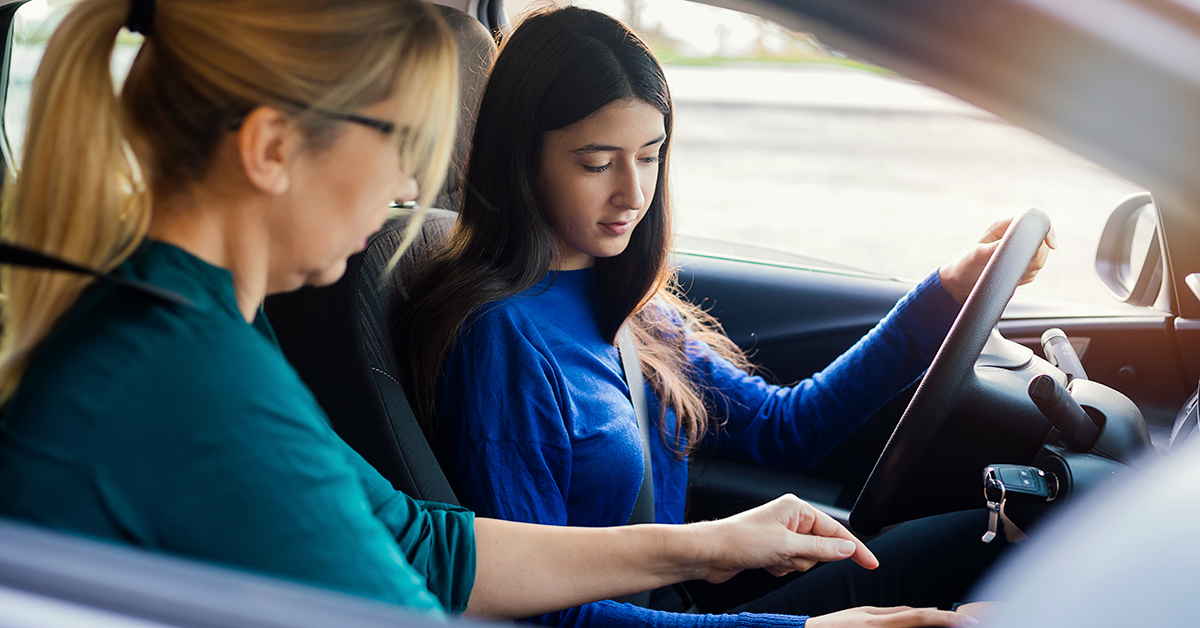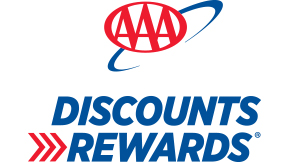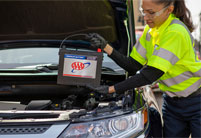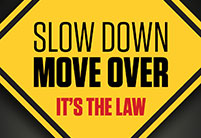Driving pointers for parents
Driving pointers for parents

As a parent, your job is to manage and coach your teen into becoming a safe, experienced driver through practice driving and mentoring. It is important to be aware of the risks, set and enforce rules, and model safe and responsible driving.
Parents need to provide a framework for their teens that guide their decision-making and behaviors, even when they are not around. You play a critical role in your teen’s learning-to-drive process. Here are some important actions you can take.
Evaluate your teen’s readiness. Talk with your teen about personal responsibility, the ability to follow rules and any other concerns before beginning the learning-to-drive process. Before you begin to practice driving with your teen, include strict ground rules related to distraction.
Start talking now. You have acquired “road wisdom” over the years – insight you’ll want to share, because it could save your teen from having to learn things the hard way.
Focus on safety. Traffic crashes are a real danger.
Crash risks begin to increase at age 12.
Talk to your teen about:
-
Always buckling up.
-
Being a safe passenger with teen and adult drivers.
-
Prohibit your teen from riding with teen drivers or transporting other teens during the learning-to-drive process. Other teen passengers are one of the most dangerous sources of distraction for teen drivers, whether due to loud music, rowdy behavior or peer pressure.
-
Do not allow a cell phone to be used by you or your teen and try to block out other distractions.
Be engaged. When you’re behind the wheel, talk about what you see (road signs, pedestrians, other vehicles) that could result in the need to change speed, direction or both. Have your teen comment, too.
Stay involved. Continue to practice supervised driving until your teen logs at least 100 hours. Your teen might obtain an intermediate driver license before completing 100 hours of practice driving. This does not mean your teen driver no longer needs to practice, though. Solo driving is the riskiest phase for your teen, so stay engaged.
Be a good role model. Your teen has been watching your driving habits for the last decade or so. And as your teen begins the learning-to-drive process, that focus will likely increase. So, make changes in your driving to prevent any poor driving habits from being passed on. Show you take driving seriously and always set a good example.
Prepare your teen for the road with driving lessons from AAA. Learn more at about AAA Driver Training.












